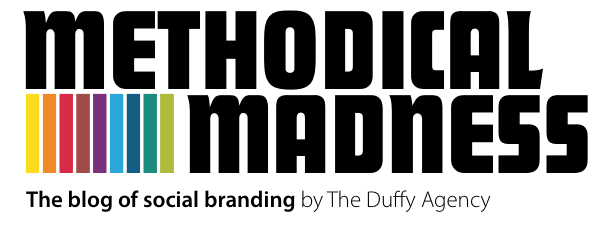Twitter and Facebook continue to push boundaries of private vs. public
 Tuesday, April 27, 2010 at 4:00PM
Tuesday, April 27, 2010 at 4:00PM 
The change for Twitter makes connecting to third party applications more secure and should reduce the occurrence of people having their accounts hacked. This is a very smart move for Twitter since, if they want to grow and offer more services, they have to deal with their security issues. There will still be basic authorization for streaming API for apps that need realtime access to Twitter, as these will take longer to switch over to the new system.
The Facebook change is being made to create a larger sphere of influence and to track users’ web habits when they aren’t on Facebook so they can offer new content for them to enjoy. Websites can add a “like” button which, when clicked by a visitor, sends a link back to their Facebook page. This is a big deal for websites as it lets their visitors share content on a more personal level and will boost their traffic. The new system looks to ultimately become a mixture of Delicious, StumbleUpon and Reddit all at once. Basically, a mix of the best of social media sharing sites.
These changes should be great for both Twitter and Facebook, giving them more control of the user experience and allowing for a higher degree of customization. Privacy experts are, of course, up in arms. Both companies can now track your online activity and sell that data to marketers and businesses. The new face of the Internet is user data-mining and Twitter and Facebook are only doing what Google has been doing for years. As we rush to share our common experiences online, we give up some of our privacy. That’s the trade off, if you want your friends and family to know what you’re doing, you have to be willing to give up a piece of yourself.
These changes aren’t as Orwellian as critics would have you believe. It’s another service that these mega sites believe will provide a more customized and unique experience. Is this a step in the right direction or are we headed to a day when our every move online will be tracked and sold to the highest bidder?
Stefan Halley is the Digital Project Leader for The Duffy Agency. He loves to talk about social media.

Reader Comments